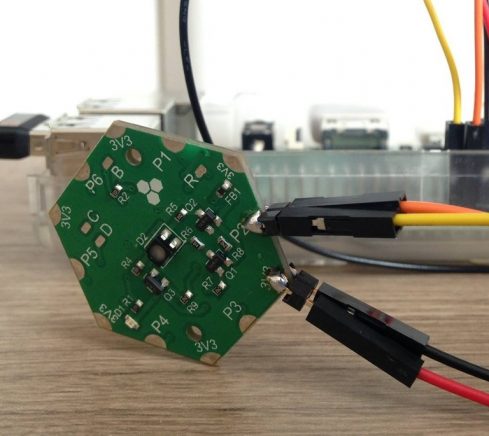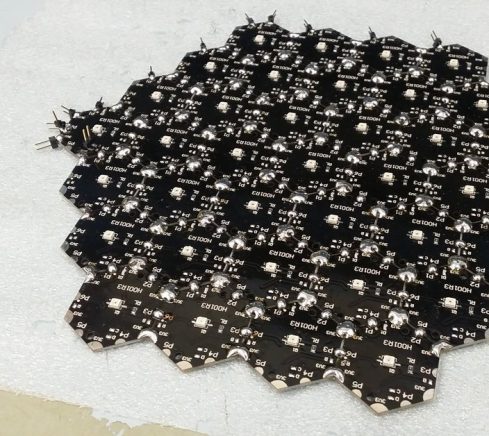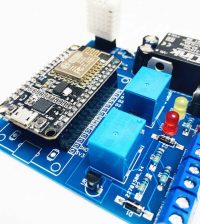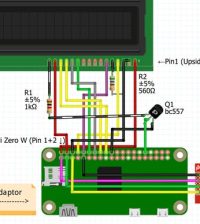- How to Adjust X and Y Axis Scale in Arduino Serial Plotter (No Extra Software Needed)Posted 2 months ago
- Elettronici Entusiasti: Inspiring Makers at Maker Faire Rome 2024Posted 2 months ago
- makeITcircular 2024 content launched – Part of Maker Faire Rome 2024Posted 5 months ago
- Application For Maker Faire Rome 2024: Deadline June 20thPosted 6 months ago
- Building a 3D Digital Clock with ArduinoPosted 11 months ago
- Creating a controller for Minecraft with realistic body movements using ArduinoPosted 12 months ago
- Snowflake with ArduinoPosted 12 months ago
- Holographic Christmas TreePosted 12 months ago
- Segstick: Build Your Own Self-Balancing Vehicle in Just 2 Days with ArduinoPosted 1 year ago
- ZSWatch: An Open-Source Smartwatch Project Based on the Zephyr Operating SystemPosted 1 year ago
Hexabitz is the new electronic prototyping platform made for makers

Hexabitz is a novel modular electronic prototyping system. Each module or bit comes in a specific shape or size. Either hexagon (hence the name Hexabitz), pentagon, rectangle, square or triangle. Modules are soldered together horizontally to make larger electronic boards or arrays. You can easily combine modules in any shape or configuration you want. The resulting board will be close to custom-made ones in terms of size, weight and form-factor. It aims to replace the wiring jungle in your prototypes.
The Hexabitz designers, equipping each module with an STM32 microcontroller that allows it to identify both itself and its function, and to establish a mesh network with other modules in the same connected project, aim to solve any problem resulting from the connection of different electronic modules. This also gives the system the ability to farm off computing tasks to individual modules rather than relying solely upon a single microcontroller or single-board computer.
“Each Hexabitz module has a specific functionality and a small MCU on the back side. MCUs are used to connect modules together in a wired-mesh network and to execute various programs in parallel. Think “smart PCBs” where the small increase in cost and power consumption is dwarfed by huge gains in flexibility, scalability and reusability.”
For further information please visit Hexabits webpage or the post on hackaday.io.
















